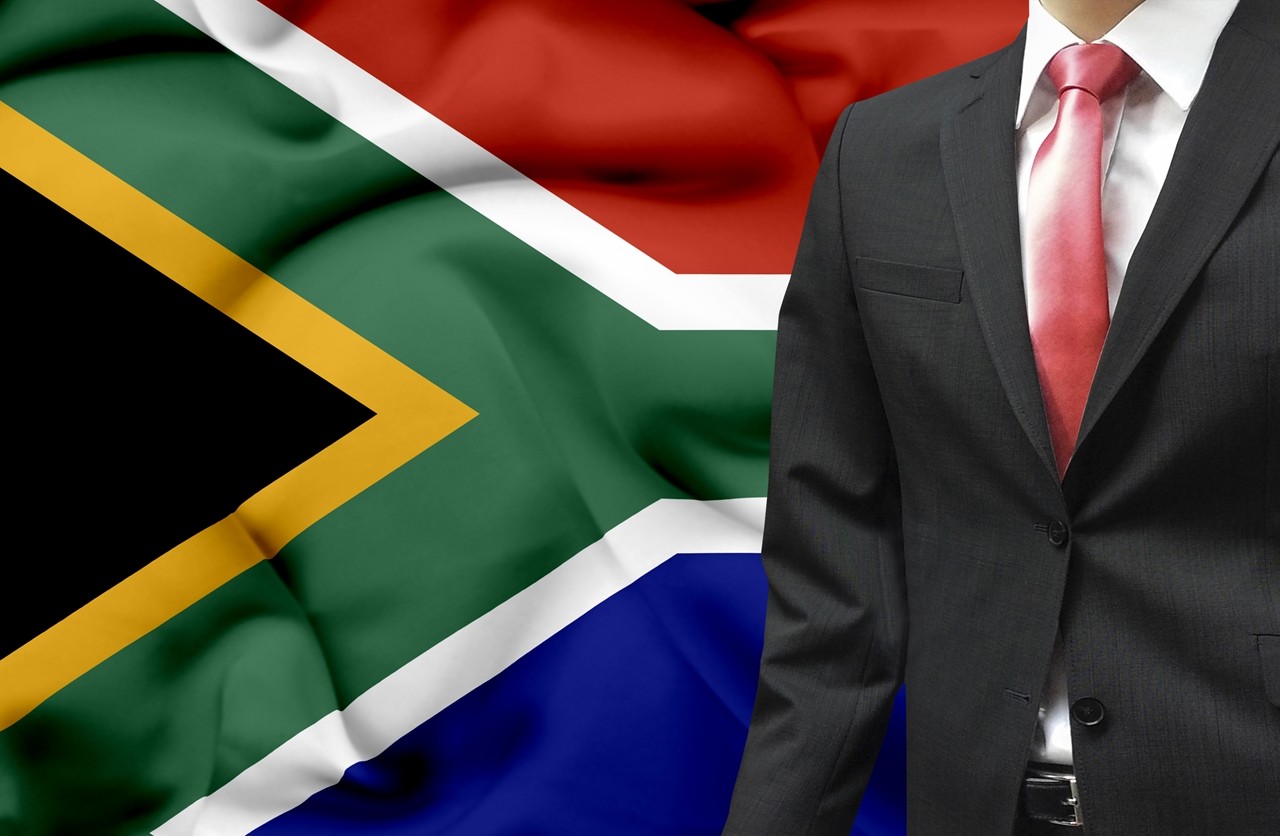When it comes to nationalities, cultures, customs and traditions, South Africa is highly diversified. However, from an overall perspective, when you analyze the outlook of this great African country and its residents at large, you’ll notice how westernized this country is. To be a little specific, this country has over eleven official languages: Tsonga, Sotho, Shangnan, Zulu, Xhosa, Venda and Afrikaans among others. But when it comes to doing business in South Africa, the official language is English and it is well accepted by everyone. However, there’s more to doing business in South Africa as you will rightly see in this article.
Doing Business in South Africa – What You Must Know
Negotiations and Business Relationships
Generally speaking, South Africans are goal oriented. They value personal competitiveness, achievements and have a tendency of seeing time as a linear concept. In comparison, their dominant style of communication can somehow relate to that of the United States. To encapsulate everything, South Africans are very direct when it comes to airing out their views or speaking out, and would dare say exactly what they mean instead of coating everything lusciously.
That said, it’s advisable to conduct yourself in a very direct and clear manner. For business cards, it’s always advisable to exchange them during the first meeting, which is usually held over lunch and dinner while enjoying good foods. And since the great majority of South Africans are transactional, a personal connection may not be necessary for anyone who’s planning to start a business in this country. Now when it comes to dressing, formal business attire can actually suffice.
Investor’s Protection and Credit Access
Worldwide, South Africa has been ranked first for easy access to credit facilities and investors protection, as well. By that I mean, there’s no country where foreigners can easily be loaned and, at the same time, be protected by the law like South Africa. That’s according to IFC and the World Bank report, which further maintained how the infrastructure in South Africa is so much favorable for foreign investment.
See Also: Various Ways to Make Money in South Africa
Property Registration
Property registration in South Africa involves 6 registration procedures that can approximately take you 23 days. This can essentially vary depending on how quickly you’re able to obtain rates clearance certificate from the local authority, as well as how long it will take a conveyance to lodge your title-deed at the Deeds’ Registry.
Challenges
Getting Electricity: The first challenge that you’re likely to face while starting a business in South African is getting electricity. In actual fact, the entire process involves a series of lengthy procedures, which translates to waiting for about 226 days before getting the applied electricity. To be clear, Eskom — a public electricity utility company–usually takes about 60 days to issue an estimate and an addition of 165 days to tie up external connection works.
Resolving Insolvency: Another challenge worth noting if you are planning on doing business in South Africa is resolving insolvency. Without hyperbole, the entire procedures takes approximately 2 years with a 35.4% recovery rate and an estate cost of about 18%.
Paying Taxes
Paying taxes in South Africa takes a summation of 200 hours in a year, all of which is divided into 9 payments. Among the taxes to pays, there’s the Unemployment Insurance Contribution and the Cooperate tax which, apparently, will involve a more arduous procedure, with the former being the most expensive and demanding.
The Economic Engines of South Africa’s Growth
– Needless to say, South Africa is an economic powerhouse for Africa at large. For this reason, the country actually enjoys a great opportunity to grow at an alarming rate since 1999. On the same light, foreign investors with intentions of capturing the African market as a whole usually set their eyes first on South Africa before shifting to another country, if need be.
– The South African stock exchange has been ranked 20 worldwide. Apart from that, the legal framework in this great nation is also well-developed and favors foreign investment.
– State-owned companies have also played a major role in spurring South Africa’s economy to its present position. In fact, the manufacturing sector in South Africa has been ranked first in Africa–as the most developed manufacturing sector in the entire continent. Other than that, this country also leads in Mineral production, Industrial production and electricity production in the whole of Africa.
See Also: Takealot: How To Sell Your Goods On The Online Store
– South Africa is also part of the BRICS–Britain, Russia, India, China and South Africa.
– Business process outsourcing is part of the fastest-growing-economic-sectors in this nation. And, most notably, the call center industry has been employing over 54, 000 call center agents annually.

